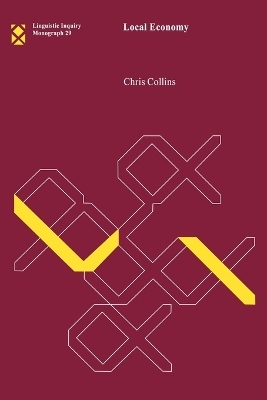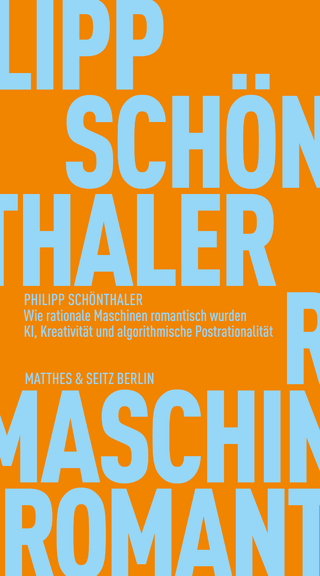
Local Economy
Seiten
1996
MIT Press (Verlag)
978-0-262-53144-3 (ISBN)
MIT Press (Verlag)
978-0-262-53144-3 (ISBN)
Following on from Noam Chomsky's "The Minimalist Program", this text deals in a general way with economy derivation and minimalism.
Any theory of grammar must contain a lexicon, an interface with the mechanisms of production and perception (PF), and an interface with the interpretational system of semantics (LF). A traditional way to relate these three components in generative theory is through a derivation. Noam Chomsky's Minimalist Program postulates that grammatical derivations are constrained by economy conditions, requiring that derivations be minimal. One of the most important questions of syntax is what the economy conditions are and how they operate. In Local Economy, Chris Collins proposes that economy conditions are local. According to this theory, evaluating economy conditions does not involve comparing whole derivations. Rather, economy conditions are evaluated at each step in the derivation. Collins shows that locative inversion and quotative inversion provide strong arguments for local economy. In addition, he explores the far-reaching consequences of this proposal for other areas of syntax, including the strict cycle, binary branching, successive cyclicity, and expletive constructions. He demonstrates that local economy is superior to global economy on conceptual as well as empirical grounds. Local Economy is one of the first books other than Chomsky's The Minimalist Program (MIT, 1995) to deal in a general way with economy of derivation and Minimalism. Linguistic Inquiry Monograph No. 29
Any theory of grammar must contain a lexicon, an interface with the mechanisms of production and perception (PF), and an interface with the interpretational system of semantics (LF). A traditional way to relate these three components in generative theory is through a derivation. Noam Chomsky's Minimalist Program postulates that grammatical derivations are constrained by economy conditions, requiring that derivations be minimal. One of the most important questions of syntax is what the economy conditions are and how they operate. In Local Economy, Chris Collins proposes that economy conditions are local. According to this theory, evaluating economy conditions does not involve comparing whole derivations. Rather, economy conditions are evaluated at each step in the derivation. Collins shows that locative inversion and quotative inversion provide strong arguments for local economy. In addition, he explores the far-reaching consequences of this proposal for other areas of syntax, including the strict cycle, binary branching, successive cyclicity, and expletive constructions. He demonstrates that local economy is superior to global economy on conceptual as well as empirical grounds. Local Economy is one of the first books other than Chomsky's The Minimalist Program (MIT, 1995) to deal in a general way with economy of derivation and Minimalism. Linguistic Inquiry Monograph No. 29
Chris Collins is Professor of Linguistics at New York University.
| Reihe/Serie | Local Economy ; 29 |
|---|---|
| Verlagsort | Cambridge, Mass. |
| Sprache | englisch |
| Maße | 152 x 229 mm |
| Gewicht | 249 g |
| Themenwelt | Geisteswissenschaften ► Philosophie ► Sprachphilosophie |
| Geisteswissenschaften ► Sprach- / Literaturwissenschaft ► Sprachwissenschaft | |
| ISBN-10 | 0-262-53144-5 / 0262531445 |
| ISBN-13 | 978-0-262-53144-3 / 9780262531443 |
| Zustand | Neuware |
| Haben Sie eine Frage zum Produkt? |
Mehr entdecken
aus dem Bereich
aus dem Bereich
Macht und Legitimität politischer Sprache im Prozess der europäischen …
Buch | Softcover (2023)
Nomos (Verlag)
CHF 103,60
KI, Kreativität und algorithmische Postrationalität
Buch | Softcover (2024)
Matthes & Seitz Berlin (Verlag)
CHF 23,90
Wie die Menschheit zu ihrer größten Erfindung kam
Buch | Softcover (2022)
C.H.Beck (Verlag)
CHF 25,20


